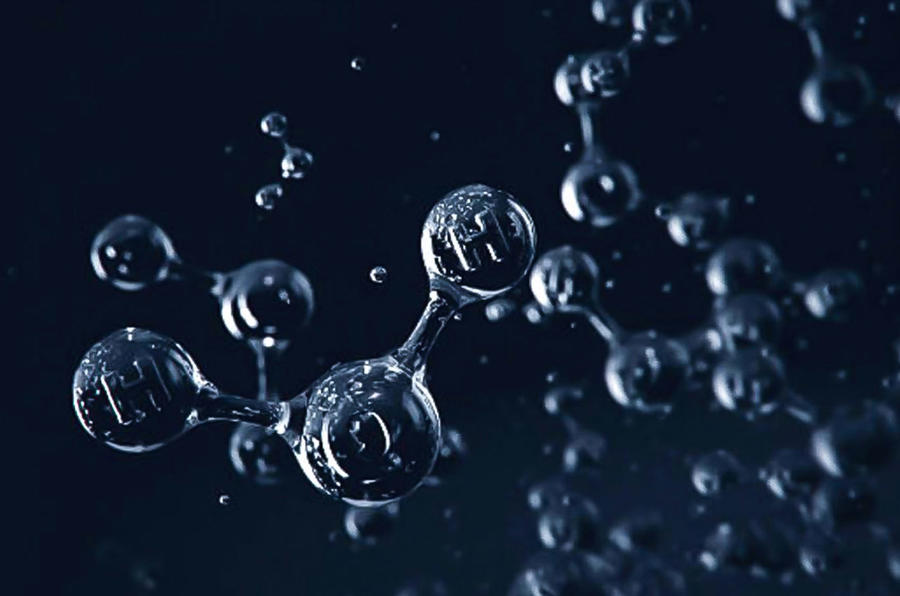The rapid growth in EV sales over the past few months has been well documented, with zero-emissions models now accounting for 4.7% of UK market share for the year to date. It’s still modest but significantly more than the 1.4% share from the same period last year and – notably – means so far in 2020, EVs have outsold plug-in hybrids, so often called “the bridge technology” to EV adoption.
But those figures of low-emissions vehicle sales, published by the Society of Motor Manufacturers and Traders (SMMT), have one obvious powertrain missing: hydrogen fuel cell vehicles, or FCEVs. That’s because their numbers are so minimal that sales wouldn’t even account for 0.01% market share. In 2019, 68 FCEVs were sold, almost double that of 2018. So far this year, 19 have been registered.
But commitment to hydrogen-powered vehicles is increasing across the industry and many predict they will become as important as battery-electric vehicles (BEVs) over time, in the way that petrol and diesel have sat alongside each other for so long. Hyundai and Toyota remain the major players for now. They are the only two mainstream brands to offer hydrogen-powered cars on UK sale today: the Nexo and Mirai.
Hyundai is planning a 500,000-units-per-year production capacity of FCEVs by 2030, including cars and commercial vehicles. Toyota, meanwhile, aims to increase global production to 30,000 fuel cell stacks by the early 2020s and has started deploying its hydrogen buses, forklifts and heavy trucks in some parts of the world.

Other car makers are dipping their toes in the water. Mercedes offers the GLC F-Cell in Germany, but only on lease, and BMW plans to launch hydrogen-fuelled vehicles in some of its larger SUVs, such as the BMW X6 and BMW X7, from 2025.
BMW’s board member for research and development, Klaus Fröhlich, told Autocar earlier this year: “We are convinced that various alternative powertrain systems will exist alongside one another in future, as there is no single solution that addresses the full spectrum of customers’ mobility requirements worldwide.












Join the debate
Add your comment
Any haters or someone who can tell me anything differently, let's chat so I can re-educate you in the field of Quantum and the field of ENERGY EFFICIENCY
Still a long way to go yet.
Yet another biased advertorial glossing over the main source of hydrogen. Hydrogen is needed by the fossil fuel industry to maintain its business in the future. Over 95% of hydrogen is produced by cracking methane and other fossil fuels producing hydrogen and carbon dioxide. They perpetuate the myth of clean hydrogen being produced from the electrolysis of water which accounts for 5% at best. Fuels cells are easily poisoned by atmosheric pollutants so require expensive filtering of the air to remove these. Not an ideal situation for using fuel cells in city centres. I am all for reducing emmisions and having cleaner vehicles but the hydrogen refuelling structure has a lot further to go than the current mess of EV chargers at the moment.
I am making a good salary
erm...
Fuck off